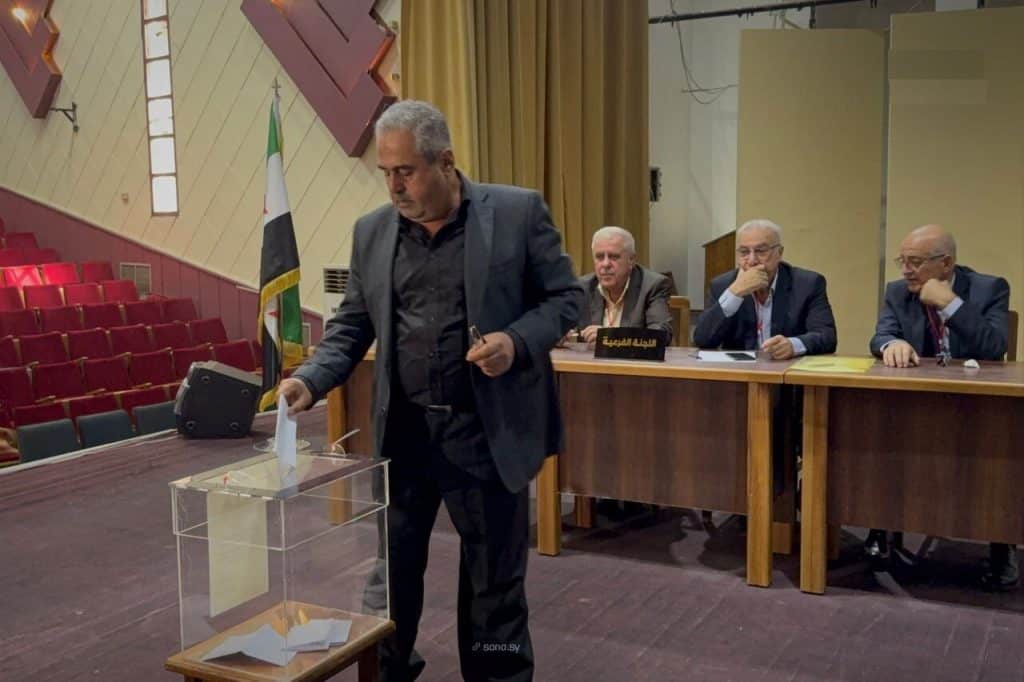Syrian Elections: A Setback for Women and Minorities.
According to Al-Hadath TV, the final results of the elections are scheduled to be announced today at a press conference at 5 pm local time.
Meanwhile, the initial results of the vote count indicate a low presence of women in the new parliament, and a small number of minority candidates, such as Christians, have won the elections, and no names from the Druze tribe are seen among the winning candidates.
Al-Hadath added: However, those involved in the elections announced that it is possible to compensate for these gaps and shortcomings by announcing a third of the representatives who will be appointed by the head of the Syrian interim government, Ahmed al-Shara, to provide an opportunity for all groups of Syrian society to be present in the parliament.
The first parliamentary elections in Syria since the fall of the government of former President Bashar al-Assad were held yesterday, Sunday, without direct participation of the people throughout Syria, except the three provinces of Suwayda, Hasakah, and Raqqa.
The parliamentary elections in Syria were held based on the interim constitution and indirectly, by appointment. Two-thirds of the total number of 210 seats in the parliament are elected through regional electoral boards, and one-third are directly elected by Ahmed al-Sharaa, also known as Abu Muhammad al-Julani, the head of the Syrian interim government.
This parliamentary term is two and a half years and can be extended until a permanent constitution is drafted and general elections are held with direct participation of the people.
The regional electoral boards consist of 6,000 prominent figures and experts, meaning that these figures, instead of the general public, are the voters for electing two-thirds of the parliament.
These regional electoral boards are formed by a high committee whose members are appointed by al-Sharaa.
The high committee, appointed by al-Sharaa, approved 1,570 candidates, 14 percent of whom were women. These people presented their programs last week by holding meetings and debates. The current electoral system stipulates that candidates should not be “supporters of the former regime or those who want division or separatism.”

